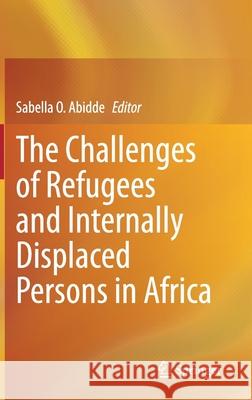The Challenges of Refugees and Internally Displaced Persons in Africa » książka
topmenu
The Challenges of Refugees and Internally Displaced Persons in Africa
ISBN-13: 9783030566494 / Angielski / Twarda / 2020 / 214 str.
The Challenges of Refugees and Internally Displaced Persons in Africa
ISBN-13: 9783030566494 / Angielski / Twarda / 2020 / 214 str.
cena 524,53
(netto: 499,55 VAT: 5%)
Najniższa cena z 30 dni: 501,19
(netto: 499,55 VAT: 5%)
Najniższa cena z 30 dni: 501,19
Termin realizacji zamówienia:
ok. 22 dni roboczych.
ok. 22 dni roboczych.
Darmowa dostawa!
Kategorie BISAC:
Wydawca:
Springer
Język:
Angielski
ISBN-13:
9783030566494
Rok wydania:
2020
Wydanie:
2021
Ilość stron:
214
Waga:
0.52 kg
Wymiary:
23.39 x 15.6 x 1.6
Oprawa:
Twarda
Wolumenów:
01
Dodatkowe informacje:
Wydanie ilustrowane











